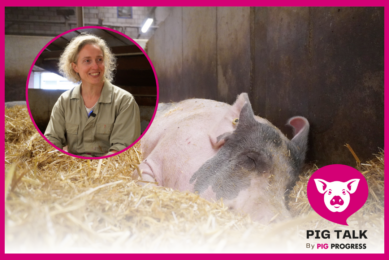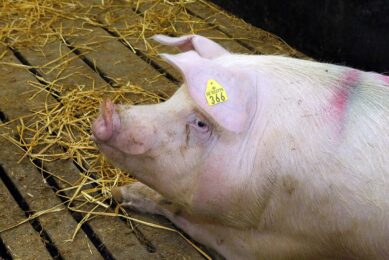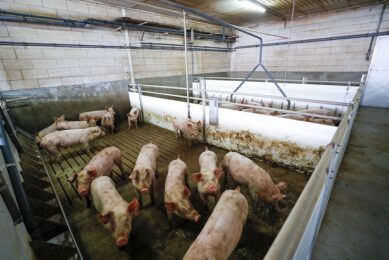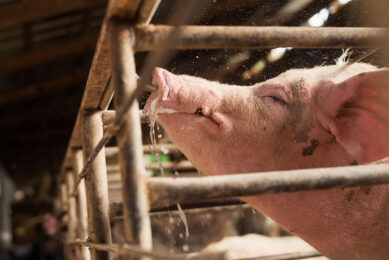Reformulating diets to reduce heat stress
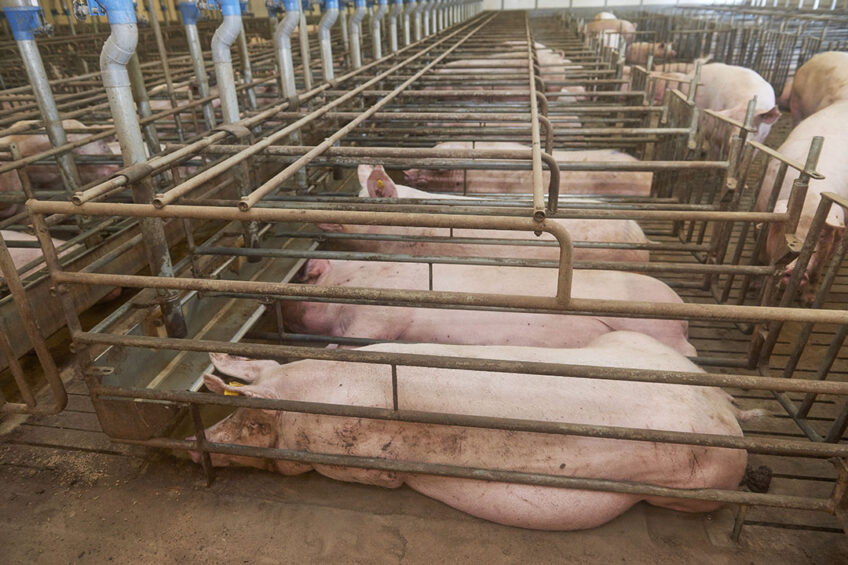
It is s very important to use different strategies to reduce the negative effects of heat stress, argues Fransesc Molist.
High temperatures and humidity are already present in many countries in the world. The impact of temperature and humidity on feed intake and therefore performance has been studied and discussed extensively for all livestock. Pigs are especially susceptible to heat stress, as their sweat glands are essentially non-functional; instead, pigs can regulate internal heat production by increasing or decreasing feed intake.
Effects of heat stress on pigs
Reducing internal heat production is a more effective way for pigs to cope with heat stress than panting. Besides reducing the feed intake, heat stress also has a negative effect on intestinal health, carcass quality and embryonic development. For this reason, is very important to use different strategies to reduce negative effects. Below are some suggestions for the diet:
Increase the nutrient density – this will result in sufficient intake of nutrients, even when feed intake is reduced.
Decrease the crude protein content – this reduces heat production during digestion, but make sure to maintain amino acid levels.
Increase the electrolyte balance – this maintains acid/base balance in the animal at increased respiration rates.
Use the right feed additives – this reduces oxidation stress and can play a positive effect in increasing the feed intake.
In conclusion, do not make the mistake of increasing amino acids in the diet to counteract the reduction in feed intake. Provide more energy instead of grammes of protein to have a positive impact on the performance of the animals.



